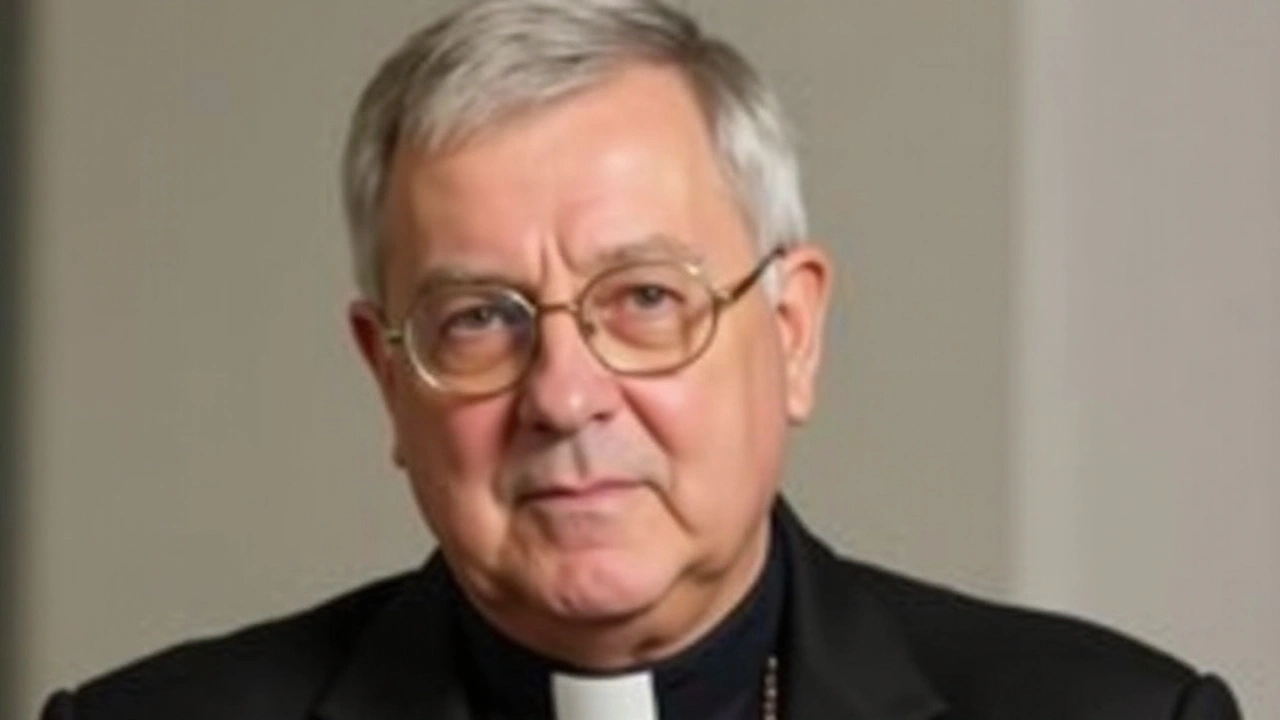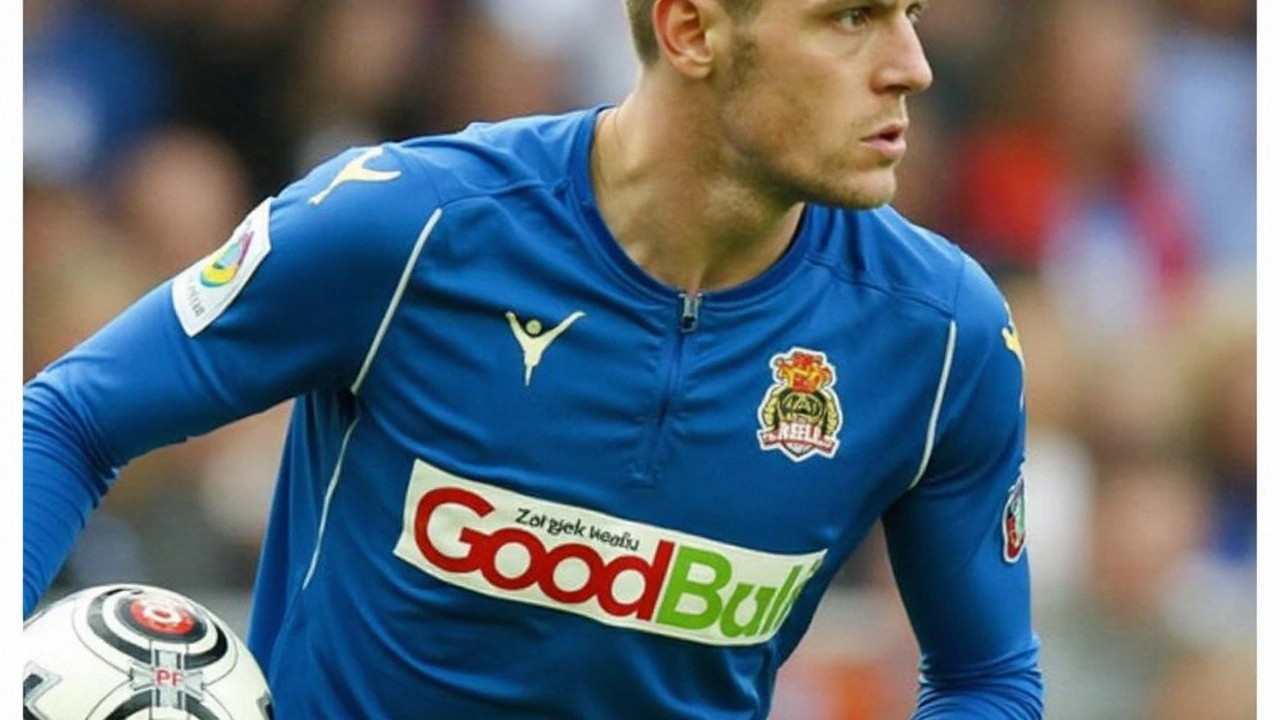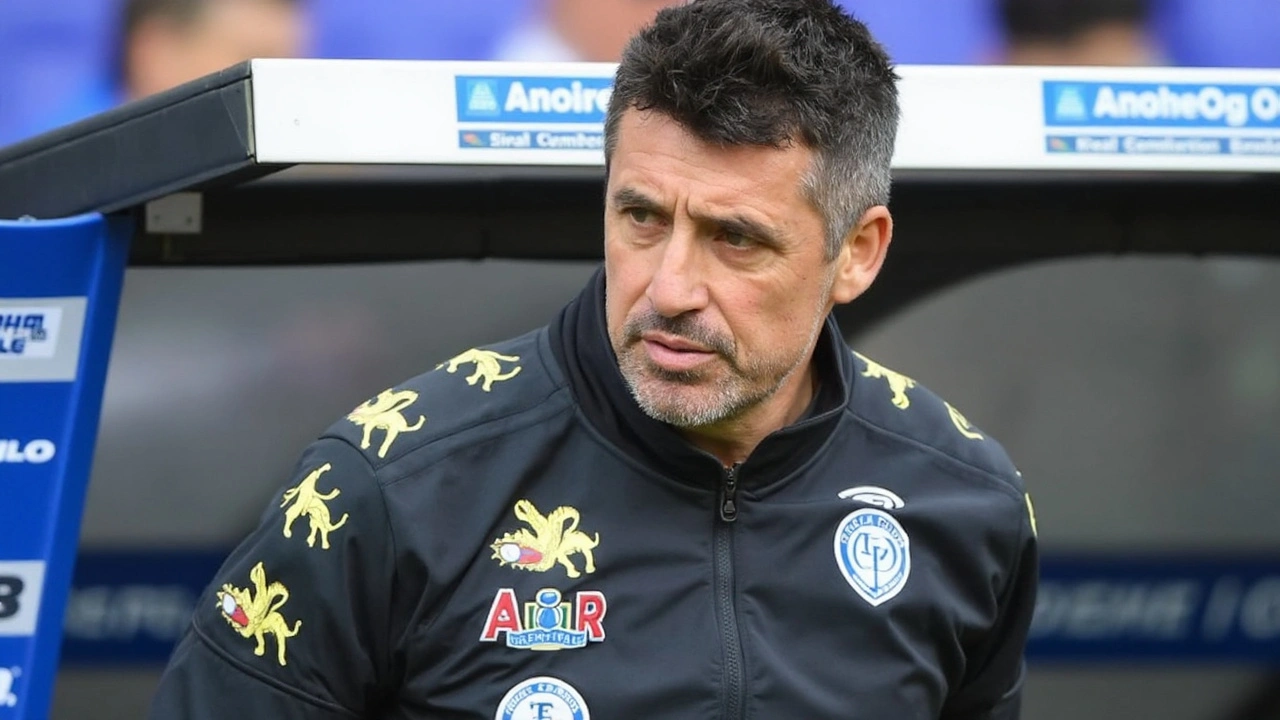Justin Welby's Resignation and the Shadows of Past Allegations
The Church of England is reeling after the abrupt resignation of Archbishop of Canterbury Justin Welby. This significant decision follows intense criticism over the Church's handling of abuse allegations, particularly those involving John Smyth, a person once considered close to Welby. Archbishop Welby, who had held his prestigious position since 2013, found himself at the center of a storm as details emerged about the Church's inadequate response to abuse claims. Smyth, a barrister and prominent figure within Christian circles, was posthumously accused of inflicting abuse on numerous young men and boys, especially during Christian summer camps he organized. Critically, the lack of urgency and transparency in addressing the allegations has been a significant concern, both from within and outside the Church. The growing outcry ultimately culminated in the Archbishop's decision to step down, a move that some hail as one of accountability, while others lament as a case of 'too little, too late.'
A History of Silence and Missteps
Archbishop Welby's resignation was preceded by many years of growing scrutiny over how the Church of England handled serious allegations of abuse within its ranks. The relationship between Welby and John Smyth came under particular focus. Despite being aware of the claims against Smyth, Welby maintained his relationship with him—a decision that has now been heavily criticized. John Smyth was implicated in physically mistreating boys and young men across several camps. His methods, described by many as brutal and manipulative, have left lasting scars on victims. However, for years, these allegations seemed to drift in the shadows, with little action taken. It was only after Smyth's death in 2018 that inquiries gained momentum, revealing a litany of failures in the way allegations were addressed, or rather, not addressed.
Revelations from the Church's Own Inquiry
The release of a comprehensive report from the Church of England’s own safeguarding team has further intensified the pressure, illuminating a pattern of systemic failures. This report, laying bare the shortcomings in the Church's safeguarding procedures, led to a critical turning point. Not only did it criticize the inaction and the handling of complaints during Smyth’s lifetime, but it also signaled to an existing culture within the institution that many say prioritized reputation over justice. The report's findings closely aligned with criticisms previously echoed by the Independent Inquiry into Child Sexual Abuse (IICSA), which also highlighted significant shortcomings in the Church's response to similar issues. In his resignation speech, Welby acknowledged these failings, expressing remorse and acceptance of his part in these institutional lapses.
The Interim Leadership and Future Steps
As Archbishop Welby steps down, the Church navigates a period of interim leadership under the guidance of Archbishop of York, Stephen Cottrell. As acting Archbishop of Canterbury, Cottrell inherits the mantle amidst considerable turmoil, charged with the task of steering the Church through these turbulent times and restoring public trust. His role is poised to be pivotal, not just as a temporary leader, but potentially shaping the policies and procedures that will define the Church's future approach to safeguarding and addressing abuse. Part of this transition will be about reckoning with past mistakes while actively formulating a path forward that is transparent, reliable, and more victim-centered.
Mixed Reactions and the Path to Restoration
Public reaction to Welby's resignation is varied. Some have applauded his decision to resign, perceiving it as a responsibility taken by a leader who chose to put institutional accountability over personal position. Others, however, remain critical, viewing the move as belated, demanding more comprehensive action from the Church of England to address a pervasive culture of silence and negligence. Restoring faith among its followers is now a primary challenge. After all, the Church's reputation has been significantly impacted, not only among its congregants but also across a broader public domain that once looked up to the institution as a moral compass. As the search for Welby’s successor begins, the selection process will no doubt hinge on identifying a strong, transformative leader willing to face difficult truths and facilitate meaningful changes.
Healing from Within and Looking Forward
Moving forward, the Church must focus on transformation, with efforts centered around strong, enforceable safeguarding policies and a culture of transparency and openness. There is much work to be done, but one thing is clear: the voices of victims need to be at the forefront of this new chapter. Welby’s resignation marks a milestone in this arduous journey, serving as an impetus for deeper examination and long-overdue reforms. As the Church of England endeavors to heal and reconcile with its past, it walks a tenuous path, interwoven with pain, hope, and the possibility for renewal. Only through resilient commitment to change can trust be rebuilt and renewed underlying confidence in its mission, values, and morals.





